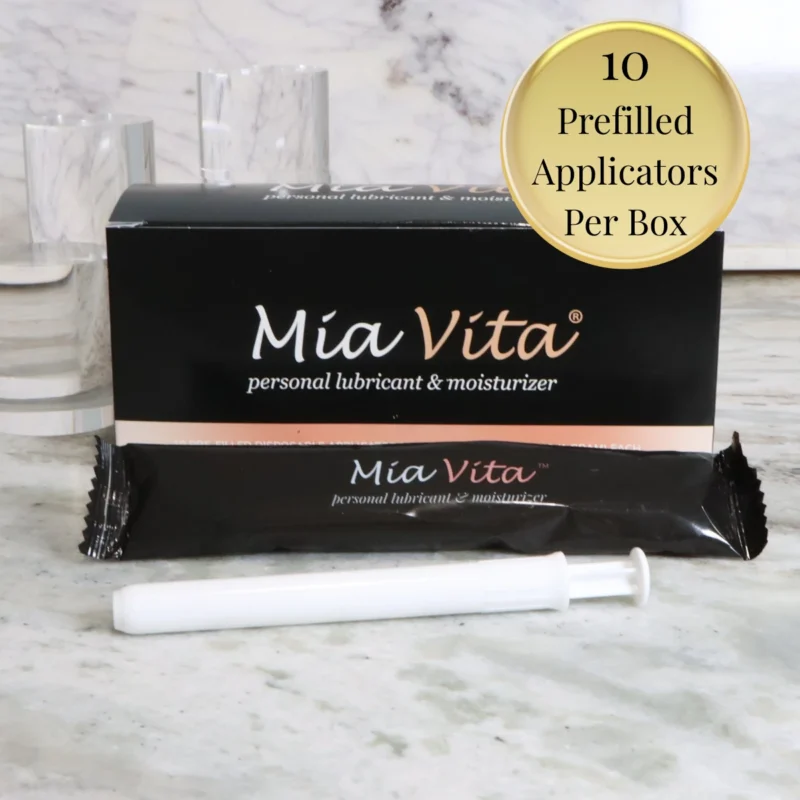‘Red flags’ in a relationship are considered warning signs that indicate unhealthy and toxic behavior.
Red flags can be subtle or overt and can either be a personality trait or how the person reacts to a situation. Self-awareness around red flags and possible toxic behavioral traits can help you stay safe in your relationship.
Here are some red flags to pay attention to in your relationships:
1. You are always wrong
If you find that in conflict or during differences of opinion that your opinion is often the wrong one, or you are always deemed wrong by your partner, this is a red flag. If you find yourself apologizing often for things that do not seem to be your responsibility, or if you end up apologizing when sharing a hurt or need, this is an issue. Relationships that have accountability and apologies from both parties are longer lasting and more balanced and fulfilling.
2. There is always drama
Most relationships have ups and downs and varying levels of intensity. If your relationship is full of ups and downs, swinging back and forth, or others comment on how much drama surrounds you or your partner, this is a red flag. Consistent drama is often a sign that there are poor coping skills, a lack of emotional regulation, and most likely a pattern. Once this cycle is established, things are rarely actually resolved and over time resentment builds.
3. Little focus on repairing conflict
All intimate and healthy relationships contain conflict as a part of the interaction – there’s no getting around it. Conflict is healthy if the origin is understood and repair of the conflict is prioritized by both people. If one person, or the two of you together, do not have healthy conflict-resolution skills, or do not see the value and necessity of repairing after conflict, the relationship will have a limit to growth and intimacy. It is likely that conflict will increase exponentially over time, and that lasting emotional damage can be done to both or one person in the relationship.
4. You do the majority of the emotional labor
If one person is ‘in charge’ of conflict repair and responsible for carrying the communication skills for both in the relationship, this is a red flag. Both people need to show up equally in genuinely sharing their needs, wants, thoughts and feelings, in a forthright manner and free of manipulation, avoidance and withholding. When one person over functions and the other underperforms in these areas, the relationship doesn’t accurately reflect both people in the relationship and can not meet the needs of both parties.
5. Your friends and family do not like the person
It isn’t uncommon for some people in your life to not like a person in your life. But, if there are more than three people (who are not connected to each other closely) who strongly dislike or question your choice in a partner, it is a red flag to pay attention to. One person is an opinion, two people are an interesting coincidence perhaps, and three or more is a pattern that needs to be examined. Find out details, look for specific behavior or observations that you can pay better attention to, especially if you are surprised by the consensus of your person.
6. Controlling behavior or intense jealousy
Controlling behavior in and of itself is a red flag but it can also be indicative of a bigger red flag of future abusive behavior. Controlling behavior over time removes another person’s agency, it isn’t relational and typically has unhealthy intent and origin.
Intense jealousy can be combined with controlling behavior or be a red flag in and of itself. Intense jealousy can indicate unresolved trust issues, is often rooted in emotional dysregulation, and those who carry intense jealousy tendencies are rarely repair focused when something goes awry.
7. Self-focused vs. partnership focused
One cornerstone of a healthy relationship is a focus on partnership strengthening versus being focused on self interest only. Two individuals combine to make a relationship so there will always be a need for a level of self-involvement in order to bring your full self to the relationship. However, communication, problem solving, conflict repair, time/interest/activities, and growth should be team-oriented and partnership-focused to invest in, grow, and protect the relationship.
8. They don’t have many friends
There are times when a person may not need or want many friends and some individuals prefer a small number of friends, but if a person has no friends or has a pattern of losing friends (or complaining and blaming others for connection loss), this could be a red flag. Having some close friends typically means the person can be relational, prioritizes relationships, has given to others, and values connection and investment in others. You want these qualities to translate to your relationship, too and the ones you see already established are more likely to infuse your relationship naturally.
9. Being secretive or lying repeatedly
A healthy relationship does not necessitate that you share all things but you want there to be a mutually-agreed upon level of transparency with whereabouts, activities, relationships, communications, interests, finances, passwords, history, and anything else you two deem important together. There is no exact level of transparency that denotes healthy vs. unhealthy and each relationship should create their own agreements on these topics. Both parties should feel comfortable with the terms and have an equal say in the decision and equal responsibility in upkeep the transparency and terms, should things change. Secrets are harmful if kept out of shame, deceit, malice, or guilt.
10. Treating people in the service/helping professions, elders or animals poorly
You can learn a lot about someone’s view of themselves and their place in the world when you see them interact with someone in a position they see as ‘lower’ than them, reliant on them, or more vulnerable. You don’t have to be an animal or pet person to treat them with respect and gentleness, and people who are cruel or abusive to animals often graduate quickly to hurting humans. Animals (and children) can also pick up on a bad or dangerous vibe that adults may overlook – they’re very in tune and this is something you should take note of too. Pay attention to how those in your life treat professionals like servers in a restaurant, cleaning staff, elders, or community members. If they have an air of superiority, or treat people as if they’re invisible, this could be a red flag of how they view their place in the world and eventually you.
Meet the Expert!
Dr. Juliana Hauser is a licensed couples and family therapist and licensed professional counselor. She is an expert when it comes to relationships, sex, and sexuality, and how they all holistically intertwine to make up the core of who we are. Dr. Juliana supports clients through her online private practice and exclusive courses, is a favorite of national media outlets, and is proud to consult with forward-thinking companies in the sex / sexuality sphere. Dr. Juliana serves as Content Counsel for FemmePharma, working to spread knowledge, information, and access to resources for those in the menopausal stages of their lives. If you’re seeking additional support through this stage in your life, or in any stage of life where sex, sexuality, and relationships intersect (hint: all of them), don’t hesitate to contact Dr. Juliana for a consultation.
FemmePharma has been helping women navigate menopause for over two decades. No matter where you are in your journey, you deserve to have knowledgeable, intimate healthcare partners to help you feel your best. Explore our other articles, podcast episodes with women’s health experts, and products to ease your transition into menopause.



